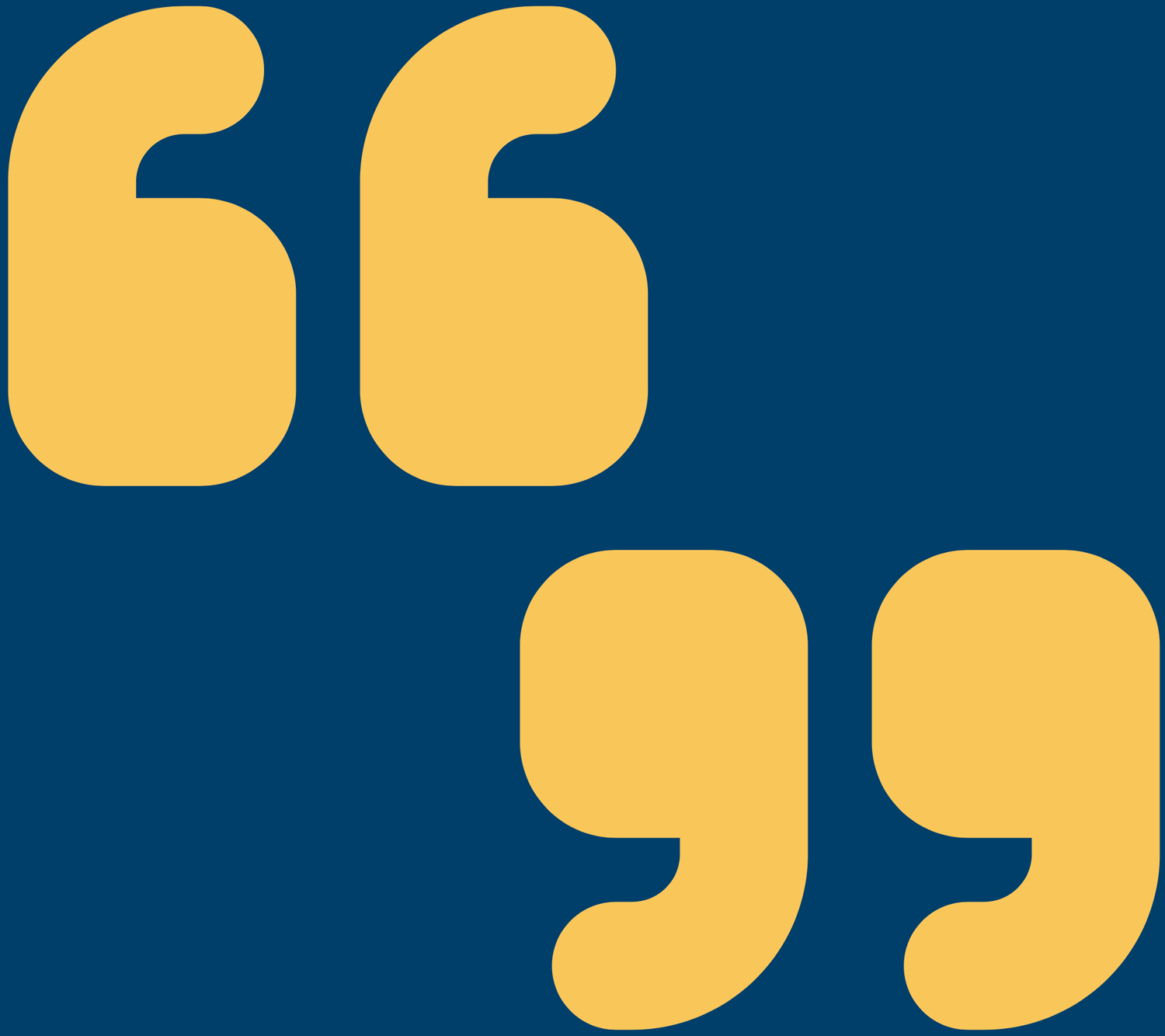Strong boards institute sound practices such as having a governance handbook, an agreement on unity of purpose, and a clear understanding of roles and responsibilities, along with policies and protocols that guide the work of the governance team. Annual board self-evaluations are required under Board Bylaw 9400 – Board Self-Evaluation.
Governance team members (board members and the superintendent) are tasked with ensuring the best possible learning environment for their students. This is established by setting a clear vision and direction for their district, which begs the question of how to come to agreement. How do governance team members work together to set the direction for their districts when individuals are appointed or elected individually and at different times? Board members arrive at the dais with different views, perspectives, core values and beliefs, and often with little understanding of what governance entails. Moreover, they are expected to work peacefully, professionally and collaboratively to fulfill their roles and responsibilities.
Governance experts Davis Campbell — who is also a former CSBA CEO — and Michael Fullen state in their book, The Governance Core: School Boards, Superintendents, and Schools Working Together, “Governance is not just passing policies; it is what boards and superintendents do and how they do it.”
CSBA offers a variety of customized workshops including:
- Good Beginnings – Designed to orient new team members and/or build high-functioning teams when a new board member(s) or a new superintendent has joined the team
- Effective Governance – Designed to strengthen existing teams
- Board Self-Evaluation – An essential step in setting the new direction and goals for boards to measure their progress in meeting the needs of all students in their districts
- Superintendent Evaluation – The only type of workshop conducted in closed session
- Goal setting – Consultants assist the board with crafting attainable goals that support the local educational agency priorities in elevating student success, financial stability and equity in access in serving student needs
While these are just a few of the workshops, in each, CSBA governance consultants work closely with LEA leadership teams to identify customized opportunities for development and learning, enhancing governance strategies while building a cohesive team.
Once your board president or superintendent has decided to invest in advancing their board members’ knowledge, skills and abilities, the CSBA governance consultant will conduct a series of private and confidential phone calls with each board member. These calls allow the consultant an opportunity to gain a deeper understanding of your board’s unique needs and dynamics. With this knowledge, the consultant designs an agenda and facilitates conversations grounded in the effective governance pillars. Workshops often result in the creation or updating of a governance handbook. At the conclusion of each workshop, a summary report is prepared and delivered to the leadership team, noting key conversations, discussions from the consultation and recommended next steps.

The following are testimonials from governance team members about their experiences with Governance Consulting Services: